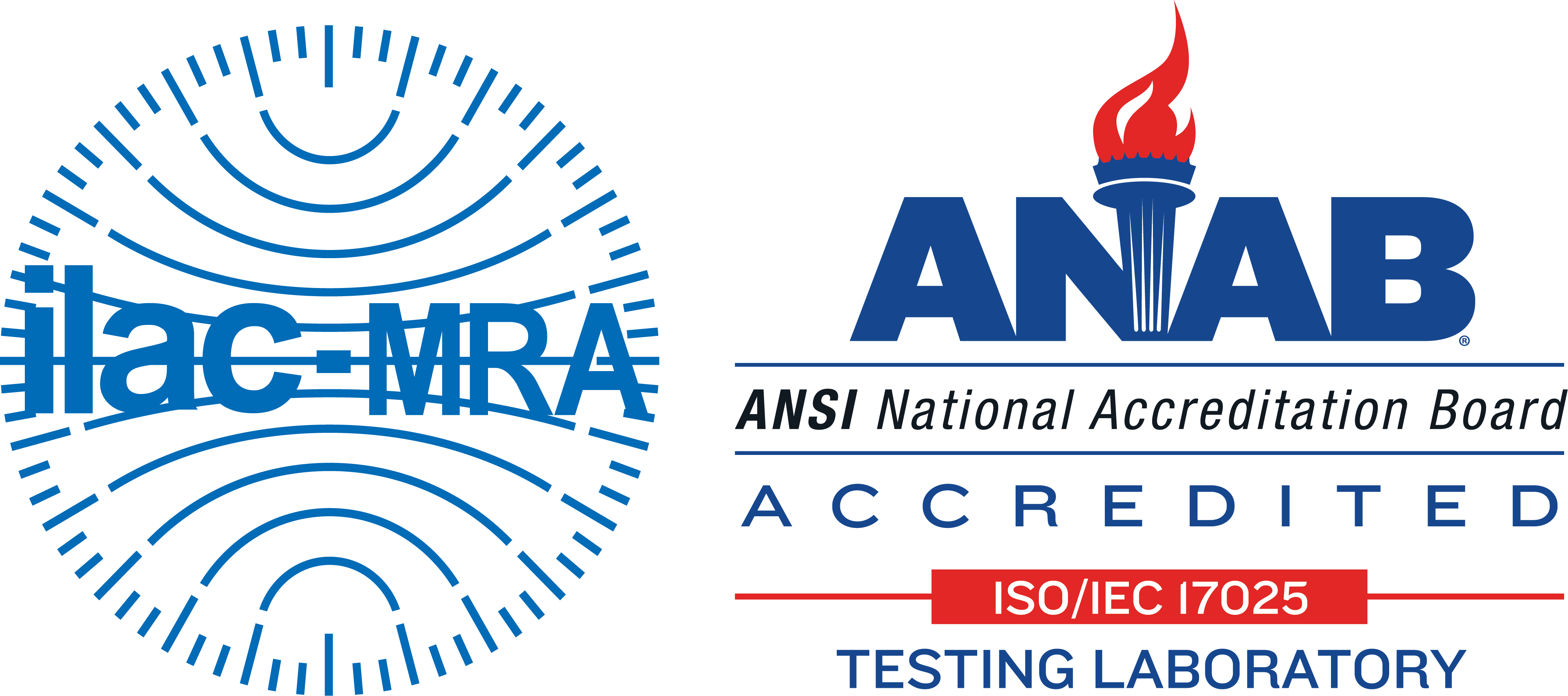Testing for Compliance & Quality
Rubber & PolymerWe offer industry-leading, innovative physical, analytical and construction tests that ensure your products and materials are compliant, durable and exceed customer expectations.

My ACE Story
The evaluations performed by ACE have been critical in bringing new products to market. The formal reports provided us with valuable information to show potential customers.
Chris Wagner Marketing & Law Director @ ChemSpec
Industry-Leading Turnaround Times
Repeatable Process
Our experienced staff performs tests using industry-standard processes to guarantee consistent test results, ensuring data you can count on. That means customers can have confidence in knowing your products are of the highest quality.
Consistent Compliance
By testing to established industry standards, we ensure that your products meet all industry requirements. Your customers are counting on products that comply with all relevant standards; you can count on us to make sure they do.
Who We Work With
Supporting Innovative Leaders Across the Globe





Physical Tests
Tension
Tension testing evaluates the tensile properties of thermoplastic elastomers and vulcanized thermoset rubbers.
Cold Testing
Cold testing is utilized to examine a material’s properties and performance at low temperatures.
Heat Aging
This test method is used to determine the vulcanization characteristics of (vulcanizable) rubber compounds.
See All Physical Tests
Analytical Tests
FTIR
The Fourier Transform Infrared (FTIR) is commonly used to determine the polymer type present in a compound.
Thermogravimetric Analysis (TGA)
This test method provides a thermogravimetric technique to determine the amounts of organics (oil, polymer), carbon black, and ash (filler) in a rubber compound.
GC-MS
Gas Chromatography—Mass Spectrometry (GC-MS) is an incredibly powerful method for quantifying and identifying highly volatile compounds.
See All Analytical Tests
Construction Tests
CRRC
We are certified to several CRRC standards.
ASTM D6690
ASTM D6690 is designed to evaluate hot-application joint and crack sealants for concrete and asphalt pavements.
ASTM D6297
ASTM D6297 evaluates the performance of field-molded asphalt plug joints (APJs) used for expansion joint sealing.

